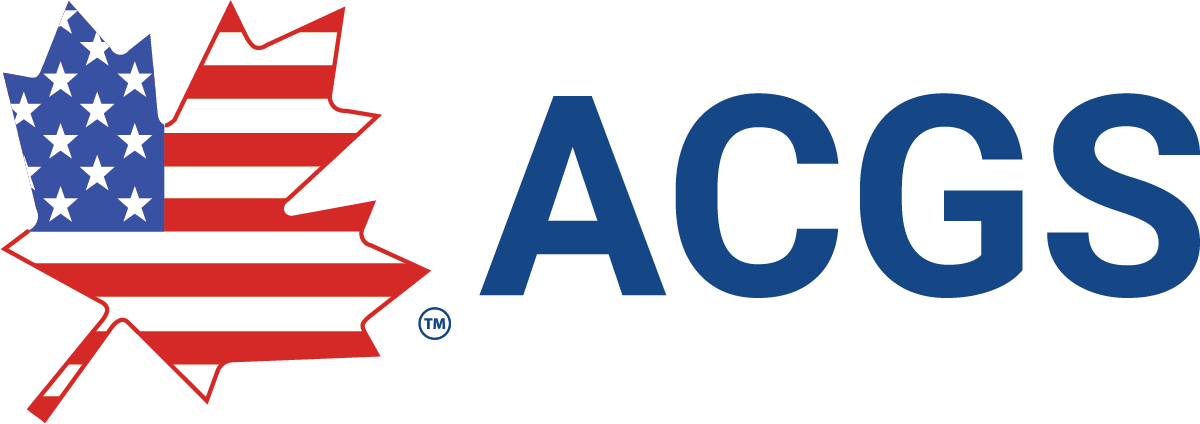The ACGS 2019 Fall Conference
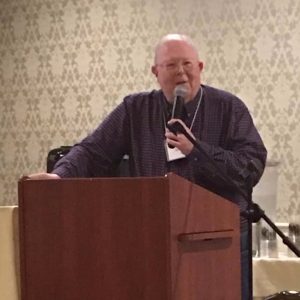
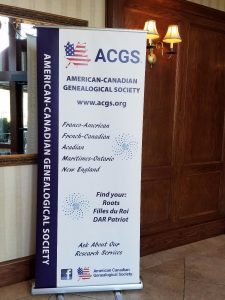 The conference this year was held on 28 September 2019 at the Puritan Backroom Restaurant in Manchester, New Hampshire. The conference started out with Ron Blais, Treasurer, reviewing the financials from the past year and discussing the process and progress of the sale of our current building and the moving into a new building. At the point of the conference date we are waiting for the closing of the old building to be finalized. We have hired a space planner to help maximize the smaller footprint of the new location as we will need to downsize in square footage from our current location. More information will be released to all members once we have finalized the closing of the current building and signed the lease for the new space.
The conference this year was held on 28 September 2019 at the Puritan Backroom Restaurant in Manchester, New Hampshire. The conference started out with Ron Blais, Treasurer, reviewing the financials from the past year and discussing the process and progress of the sale of our current building and the moving into a new building. At the point of the conference date we are waiting for the closing of the old building to be finalized. We have hired a space planner to help maximize the smaller footprint of the new location as we will need to downsize in square footage from our current location. More information will be released to all members once we have finalized the closing of the current building and signed the lease for the new space.
Elections
The new officers and directors for the Board were presented and voted on. The people voted in are as follows:
Officers
President – Julie Smith
Vice President – Ron Blais
Treasurer – Christine Bard
Recording Secretary – Muriel Normand
Corresponding Secretary – Elaine Maurice
Directors for a 2-year term (2019-2021)
Denis Joyal
Jeanne Lundell
Larry Maurice
Larry Autotte
Speakers
This year our speakers were Michael Leclerc, CG and Patrick Lacroix, Ph.D. There was much anticipation for their talks, and they did not disappoint!
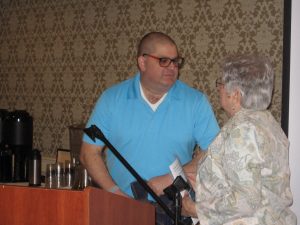
Michael first covered the topic of The Seigneurial System in Quebec. He did an excellent job explaining what the Seigneurial System was and how it influenced our ancestors that lived in Quebec. As he explained in his handout for this talk; basically, the Seigneurial System was a hierarchy of land ownership, with each level gaining money for the level above it, and most of our ancestors were the ones at the bottom of the pyramid. “The responsibilities of the seigneuries included: to level the forest and clear fields, to survey the land and subdivide it, encourage immigration, to build a moulin, and to maintain the roads within the seigneurie;” as stated in his handout. This system lasted from the first settling of Quebec until the governing system changed by parliament with the Feudal Abolition Act of 1854. Records of seigneuries can be found in notarial records, Conseil Souverein, seigneurial records and family records.
Lunch: great food and conversation was shared among the members.
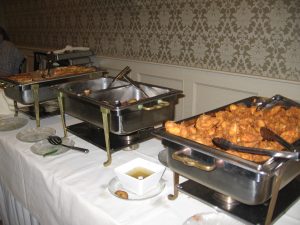
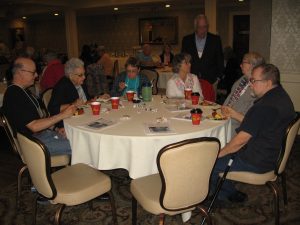
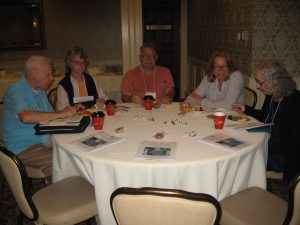
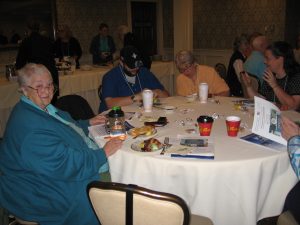
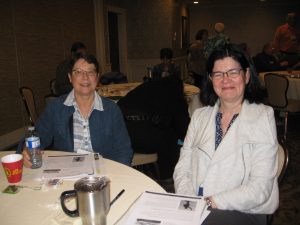
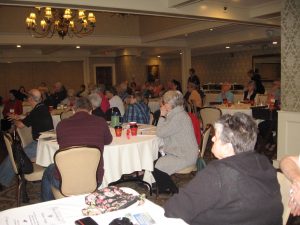
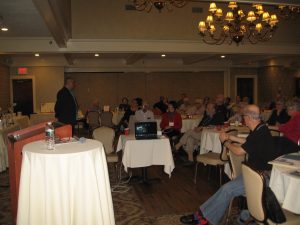
After lunch, Michael did a wonderful job of keeping the audience awake with what could be considered a dry topic; notarial records. Perhaps it was the rogue balloon that seemed to float down and taunt him while he spoke, we think it was his great personality and coffee intake that did the trick. He explained the different types of notaries and how they were used. They go well beyond just the marriage contracts that most people think of when thinking of the role of a notary. From the sale or purchase of property, both land and personal, to guardianship or a contract between two parties. According to Michael’s handout for this talk, the “New England Historic Genealogical Society has a large collection of microfilm of original records from BANQ for the period of the seventeenth to twentieth centuries; BANQ has copies of all notarial records.”
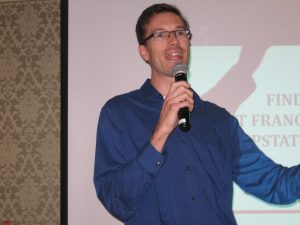
Patrick had the incredible task of closing out the conference and did a wonderful job. After Patrick’s twelve-hour drive from his new home in Nova Scotia he spoke to us about Finding the First Franco-Americans in Upstate New York. The following is a summary supplied by Patrick of his presentation.
As early as the spring of 1776, Canadians who supported the American revolutionary cause were no longer welcome in their ancestral homeland along the St. Lawrence River. Many chose exile over imprisonment, thus remaining important actors in the struggle for independence. Although the story of the invasion and occupation of Quebec in 1775-1776 is well-known, French Canadians’ presence in the Continental Army and in refugee camps in New York has been consistently overlooked. The omission is surprising, for, at war’s end, these Canadians formed the earliest permanent communities on New York’s northern frontier and imprinted upon the region a distinctively French character.
While women and children anxiously waited in camps, Canadian soldiers and officers served with distinction. However, the laurels of victory provided little satisfaction to families that sacrificed more than they had wished when throwing their lot with the Revolution. Some obtained land in New York State as compensation, but even they struggled with difficult economic circumstances after 1783. Well after national independence was won, Canadian expatriates continued to struggle for the freedom to support themselves. Such was the fate of the first Franco-Americans, who, far from being drawn to the U.S. Northeast by textile mills, were present at the birth of the American Republic and in fact helped to establish it.
Patrick has supplied us with some links to share with everyone to help them in their search for their French-Canadian ancestors that came to New York and or their possible connection to the American Revolutionary War.
An overview of the points I covered in my talk:
https://www.adirondackalmanack.com/2017/04/canadians-clinton-county-ny.html
List of French-Canadian Patriots from a DAR researcher:
http://www.learnwebskills.com/patriot/frenchcanadianpatriots.htm
House of Representatives Journal (searchable) for those looking for veterans’ petitions:
https://memory.loc.gov/ammem/amlaw/lwhj.html
My blog on Franco-Americans:
http://querythepast.com/franco-americans/
Another blog on Francos in New York:
http://francoamericangravy.blogspot.com/
Raffles
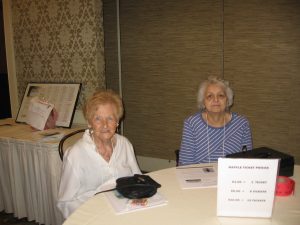
Once again, we have offered items for raffle. We had great support for our Society through the raffles each year, and this year is no different. We laid out the tables and attendees put their tickets in the containers for the items they were interested in.
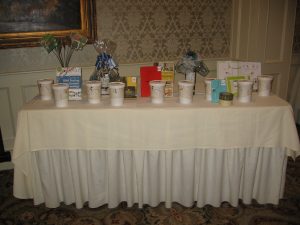
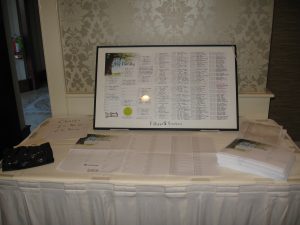
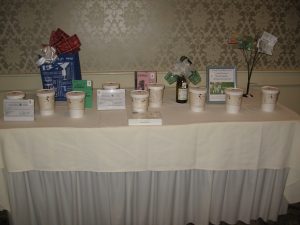
Congratulations to the Winners
(Some were Multi-Time Winners – Lucky)
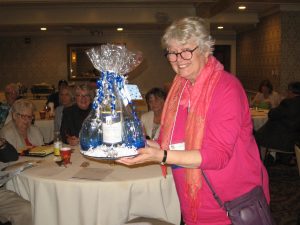
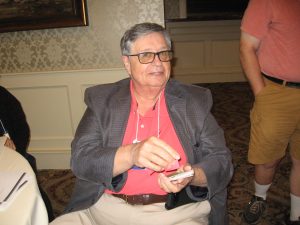
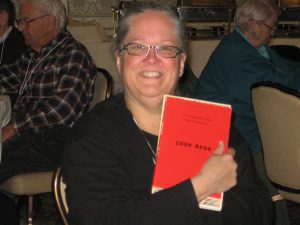
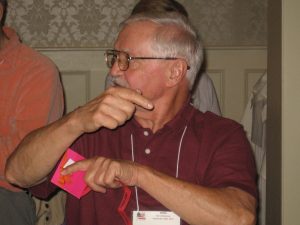
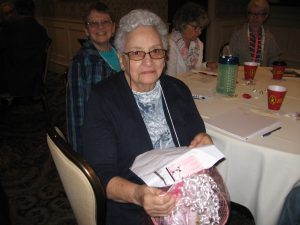
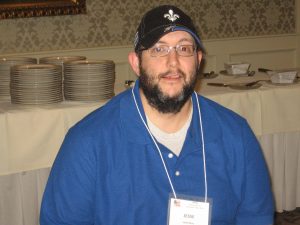
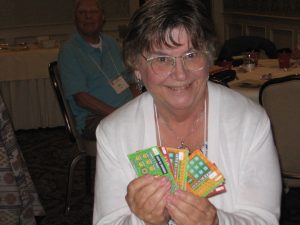
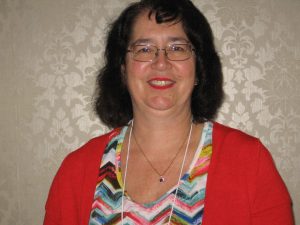
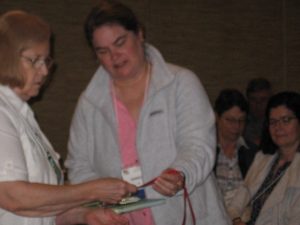
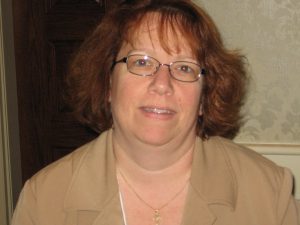
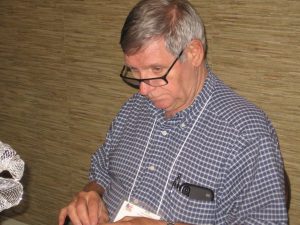
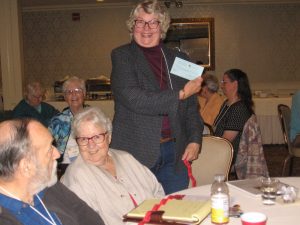
(If you won and your picture is not here, our apologies but we had one person taking pictures and it was a big hall to move around and we may have missed a person or two).
Thank you to all our attendees that joined us this year at the ACGS Fall Conference. We hope that you had an educational and enjoyable time. We do this for our members each year; if you have suggestions for speakers or items to be included in future conferences please let us know by emailing us at [email protected] with the subject line Future Conference Ideas.
We look forward to seeing everyone and more again next year!
